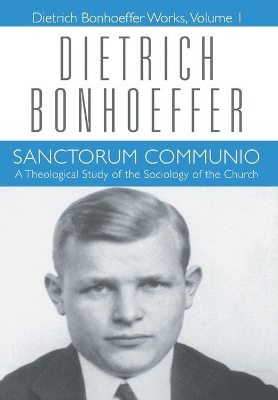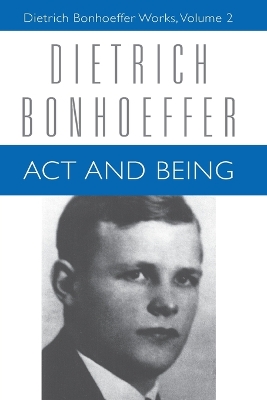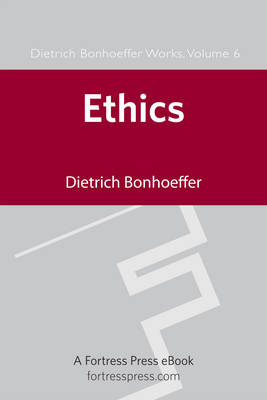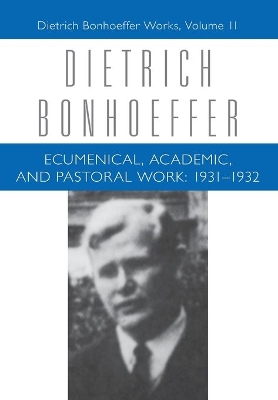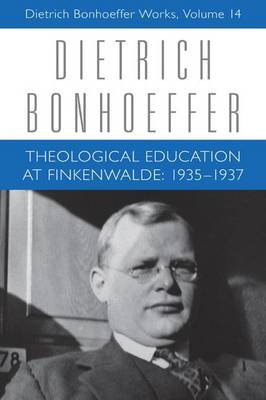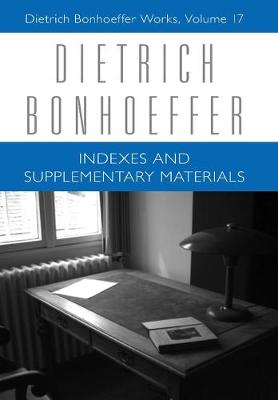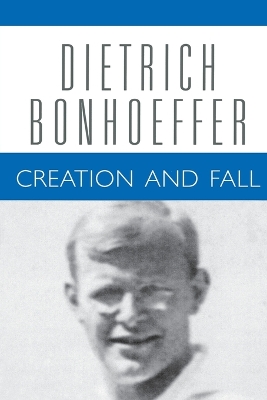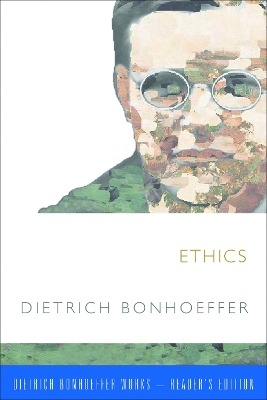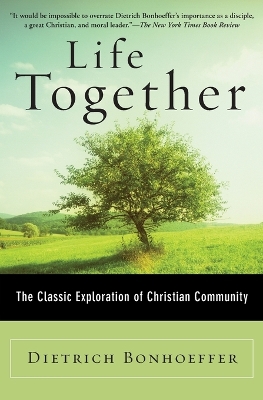Dietrich Bonhoeffer Works
17 primary works • 26 total works
Book 1
Sanctorum Communio was Bonhoeffer's dissertation, completed in 1927 and first published in 1930. In it he attempts to work out a theology of the person in society, and then, particularly, in the church. Along with enlightening us about his early positions on sin, evil, solidarity, collective spirit, and collective guilt, the volume unfolds a systematic theology of the Spirit at work in the church and what this implies for questions of authority, freedom, ritual, and eschatology.
Here is offered the complete text in translation, annotated by the German and American editors. The historical context is explained and textual commentary is provided in a Foreword and Afterword.
Book 2
Book 3
Book 4
Book 5
Book 6
Book 7
Writing fiction, letters to his family, fiance, and friends and contending with his interrogator occupied Bonhoeffer during his first year in Tegel Prison. Of the incomplete drama, the novel fragment, and the short story, Bonhoeffer admitted to his friend and later biographer, Eberhard Bethge, "There is a good deal of autobiography mixed with it." This book discloses a great deal of Bonhoeffer's family context, social world, and cultural milieu. Events from his life are recounted in a way that embodies and illuminates his theology. Characters and situations that represent Nazi types and attitudes are a form of social criticism and help to explain Bonhoeffer's participation in the resistance movement and the plot to kill Adolf Hitler, for which he was hanged.
This important volume, now in paperback, is complete and authoritative and contains much material not found in the previous edition. The German edition of this volume was edited by Bonhoeffer's niece, Renate Bethgewho brings personal knowledge of the Bonhoeffer family to her observationsand Ilse Tdt, who contributed much of the commentary. The English edition is edited by Clifford Green, who also edited the earlier version of the book, titled Fiction from Prison.
Book 8
Book 9
Book 10
Book 11
Volume 11 in the sixteen-volume Dietrich Bonhoeffer Works English Edition, Ecumenical, Academic, and Pastoral Work: 1931-1932, provides a comprehensive translation of Bonhoeffers important writings from 1931 to 1932, with extensive commentary about their historical context and theological significance. This volume covers the significant period of Bonhoeffer's entry into the international ecumenical world and the final months before the beginning of the National Socialist dictatorship. It begins with Bonhoeffer's return to Berlin in June 1931 after his year of study in the United States. In the crucial period that followed, Bonhoeffer continued his preparations for the ministry, began teaching at Berlin University, and became active at international ecumenical meetings. His letters and lectures, however, also document the economic and political turbulence on the European and world stage, and Bonhoeffer directly addresses the growing threat of the Nazi movement and what it portends not only for Germany, but for the world. Several of the documents in this volume, particularly the student notes of his university lecture on "The Nature of the Church" and his lectures on Christian ethics, give important insights into his theology at this point. His ecumenical lectures and reports are significant documents for understanding the ecumenical debates of this period.
Book 11
Book 12
Book 14
Book 15
Book 16
Book 17
v. 3
v. 6
